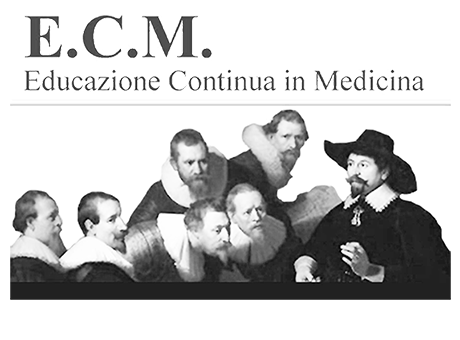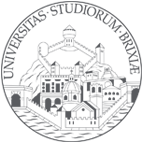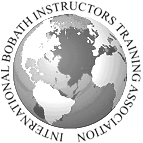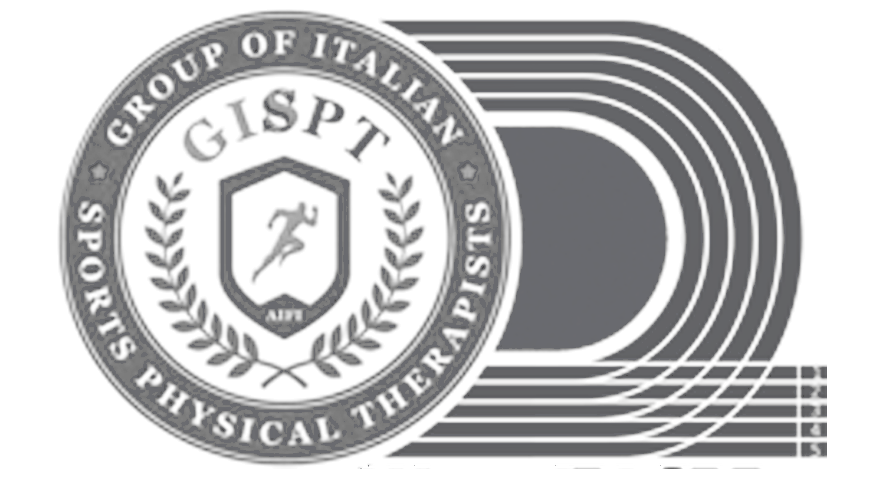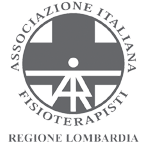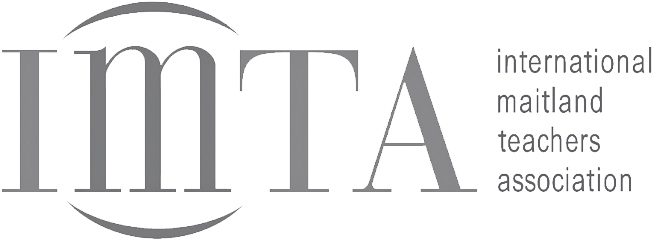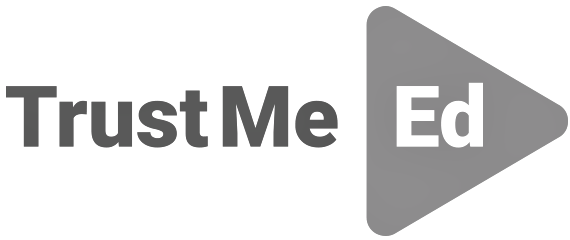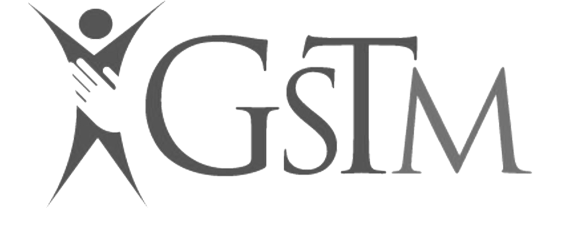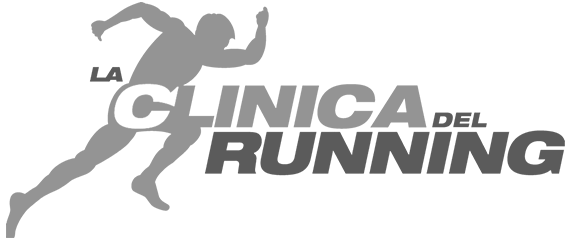November 27, 2021
EM211: IBITA advanced level course: Neural and non-neural components in first motor neuron injuries - implications for rehabilitation treatment
-
Mary Lynch ElleringtonPt, FCSP, IBITA Senior Instructor
-
Alba MagriPt, IBITA Advanced Course Instructor
-
Carlos Leite MartinsPt, IBITA Basic Course Instructor, PhD Cand.
The Bobath concept is a problem-solving approach aimed at assessing and treating people with movement, postural control and function disorders caused by an injury to the central nervous system. This approach to the rehabilitation of adults with central neurological damage originates from the work of Berta and Karel Bobath and has evolved over the last 60 years. The rationale for its application is rooted in current neuroscientific knowledge relating to motor control, motor learning, neural and muscular plasticity and current biomechanical knowledge.
Purpose of the course:
Present the correlation of positive and negative clinical signs after central lesion: signs that emerge, evolve and interact resulting in a dynamic picture that extends throughout the recovery phase.
Highlight the close relationship between negative signs and the level of disability in order to orient the rehabilitation strategies to the root cause of the functional deficit.
To give ample space to the treatment of patients to develop clinical reasoning in different neurological conditions and to implement specific technical skills
Specific objectives:
- Promote the evidence based approach based on updated literature
- To deepen the knowledge of the negative and positive signs of the UMNS
- Understanding how weakness is the motor problem most connected to disability
- Define in depth the neurophysiological and biomechanical mechanisms underlying stiffness and spasticity
- Acquire facilitation techniques (manual, verbal and environmental) for the treatment of adult patients with central damage acquired at an advanced level
- Support the comparison and discussion between participants and teachers and train clinical reasoning
In collaboration with:
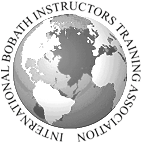
Intended for
Payments
- Deposit €490.00 within 7 days from the registration
- Balance €430.00 by date October 22, 2021
Calendar
language
SCHEDULE
First day
8.30-9.00 Registration of participants and course objectives
9.00-11.00 Neurophysiology: "The clinical signs of UMNS - implications for neuromotor treatment" - Part A
11.00-11.15 Coffee break
11.15-12.30 Evaluation and treatment of patient A by the teachers in collective session
12.30-13.00 Synthesis of clinical reasoning and discussion
13.00-14.00 Lunch
14.00-15.30 Treatment of patients by course participants with supervision by the teachers
15.30-15.45 Coffee break
15.45-17.30 Practical workshop - Analysis of functional movement, variations in tone at rest and in dynamics, weakness-stiffness-spasticity relationship.
17.30-17.45 Summary of the day, last questions and discussion.
Second day
9.00-11.00 Lesson: Neurophysiology: "The clinical signs of UMNS - implications for neuromotor treatment" - Part B
11.00-11.15 Coffee break
11.15-12.30 Evaluation and treatment of patient A by the teachers in collective session
12.30-13.00 Synthesis of clinical reasoning and discussion
13.00-14.00 Lunch
14.00-15.30 Treatment of patients by course participants with supervision of the teachers
15.30-15.45 Coffee break
15.45-17.30 Practical workshop - Explore the relationship: stability deficit-associated reaction and stiffness for the upper and lower limbs
17.30-17.45 Summary of the day, last questions and discussion.
Third day
9.00-11.00 Lecture / Presentation of clinical cases: Neural and non-neural components in different pathological conditions
11.00-11.15 Coffee break
11.15-12.30 Evaluation and treatment of patient A by the teachers in collective session
12.30-13.00 Synthesis of clinical reasoning and discussion
13.00-14.00 Lunch
14.00-15.30 Treatment of patients by course participants with supervision of the teachers
15.30-15.45 Coffee break
15.45-17.30 Practical workshop - Explore the relationship between sensory deficit, spasticity and stiffness
17.30-17.45 Summary of the day, last questions and discussion.
Fourth day
9.00-11.00 Lesson: Presentation of a case study and discussion
11.00-11.15 Coffee break
11.15-12.30 Evaluation and treatment of patient B by the teachers in collective session
12.30-13.00 Synthesis of clinical reasoning and discussion
13.00-14.00 Lunch
14.00-15.30 Treatment of patients by course participants with supervision of the teachers
15.30-15.45 Coffee break
15.45-17.30 Practical workshop - What neuromotor approach in the different neural manifestations of UMNS?
17.30-17.45 Summary of the day, last questions and discussion.
Fifth day
9.00-11.00 Practical workshop - Tone measurement scales
11.00-12.30 Evaluation and treatment of patient B by the teachers in collective session and discussion
12.30-13.30 Lunch
13.30-15.00 Treatment of patients by course participants with supervision of the teachers
15.00-16.15 Practical workshop: Tools and strategies to contain stiffness
16.15-16.45 ECM test, delivery of certificates and conclusion of the course
